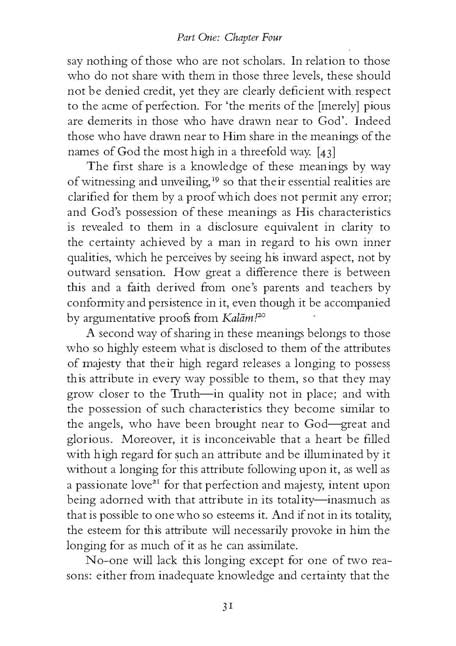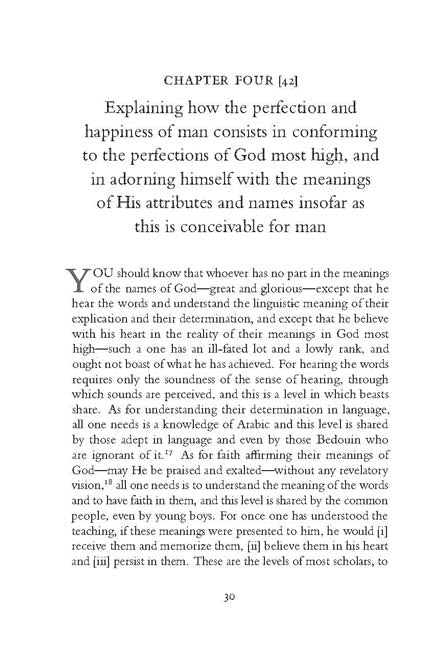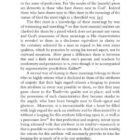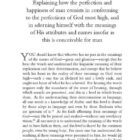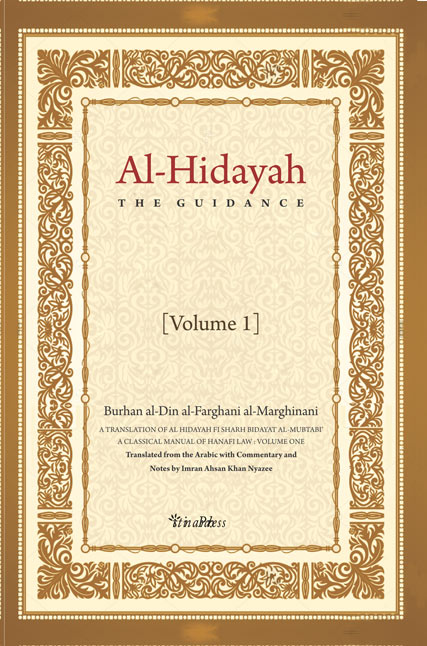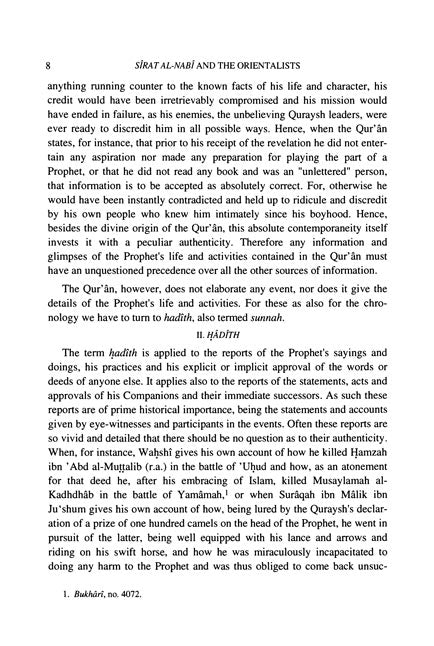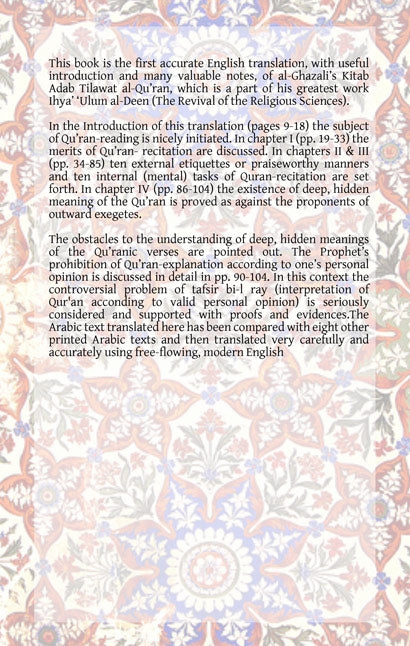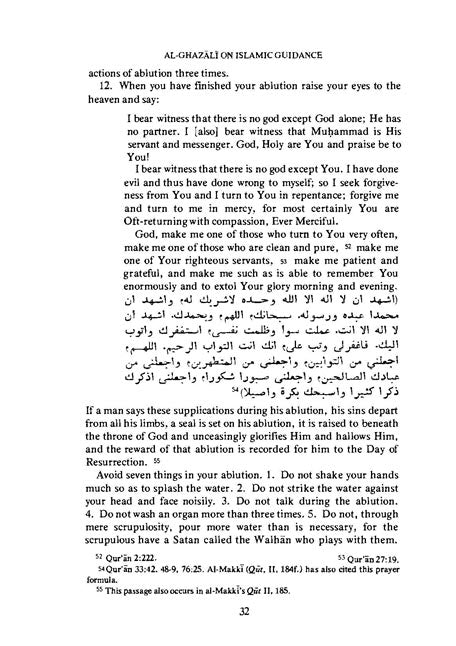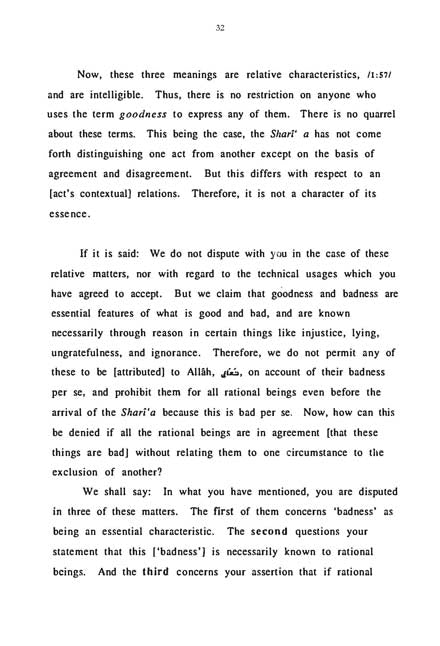The Ninety Nine (99) beautiful names of Allah – Imam Ghazali
Imam Ghazali
Paperback, 216 pages
9,75 X 9.9 in
Dar Ul Thaqafah
We present this translation of Al-Ghazalis treatise on the ninety nine beautiful names of Allah (swt) as a way of allowing those hitherto unfamiliar with Islamic thought to taste something of the reflective capacities of a man who has continued to be recognized as a philosophical theologian over the centuries. The treatise is based in practice: The custom on the party of Muslims to recite the names of God culled from the Quran in a traditional order, usually using a set of 33 beads (Subha) to assist them in enumerating the names. These names recall the attributes whereby god has made himself in revelation, and which also connect human expressions with matters divine. So to recall God as ‘the merciful one’ is to allude to those verse of the Quran where god is so named, as well as experiences of mercy we may have had.
The connection between our experience and the reality of God’s mercy may be tenuous, but the verbal connection provides a slender threat, at least so that reciting these divine names allows us to bring God into our ambit. So that reciting these divine names allows us to being God into our ambit. Ye the fact the names are more than attributes, because God uses them of Himself in revealing himself to the prophet, saves our recitation from reducing God to our experience.
Part one canvasses some of the conceptual issues involved, such as differentiating name from the attribute, outlining what is involved in the act of naming and how names related to the object they purport to name. His reflections here mirror some of the issues currently debated in philosophical circles, to show that these matters defy easy resolution.
Part two addresses each name in the traditional list (of Abu Hurayra), first noting how our use of the term to attribute certain to God may be clarified and purified so as to provide a helpful, rather than a misleading, pointer to the reality which the Quran names in god. The second part of his treatment of each name is normally introduced by the term ‘Counsel’ (tanbeeh) and intends to offer counsel on how individual believers might themselves have a share in this divine attribute, and thereby make themselves more pleasing to God.
This book is also available on other websites, in case you cannot find it on the above link, we recommend you search on the internet as well.


